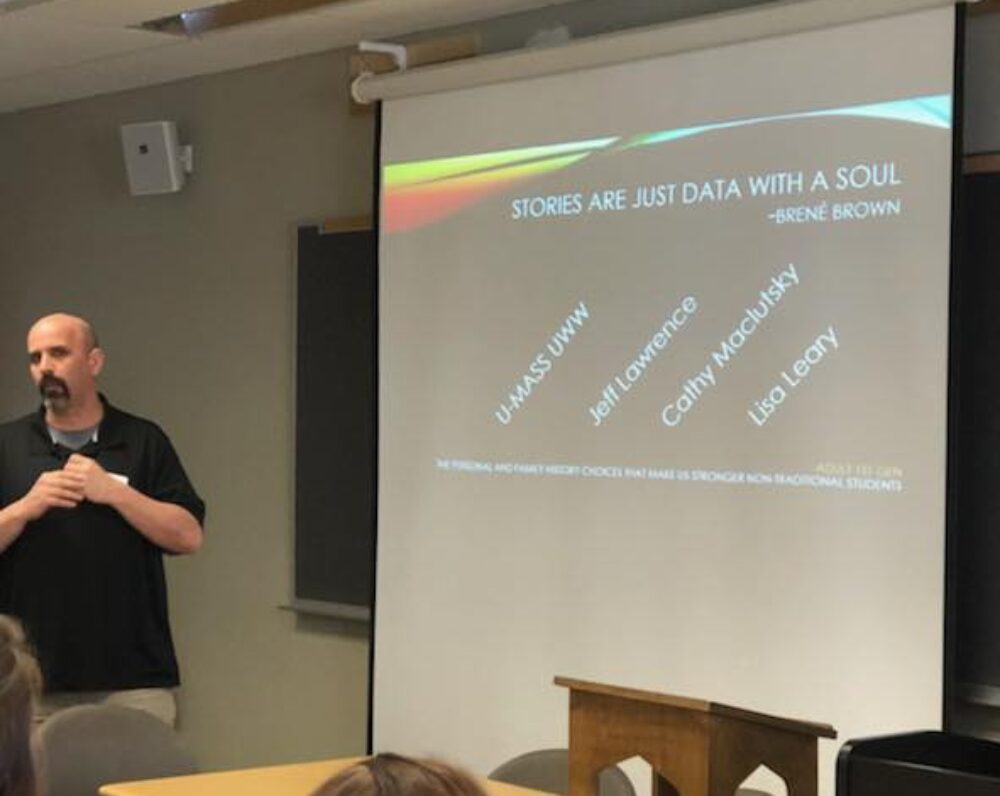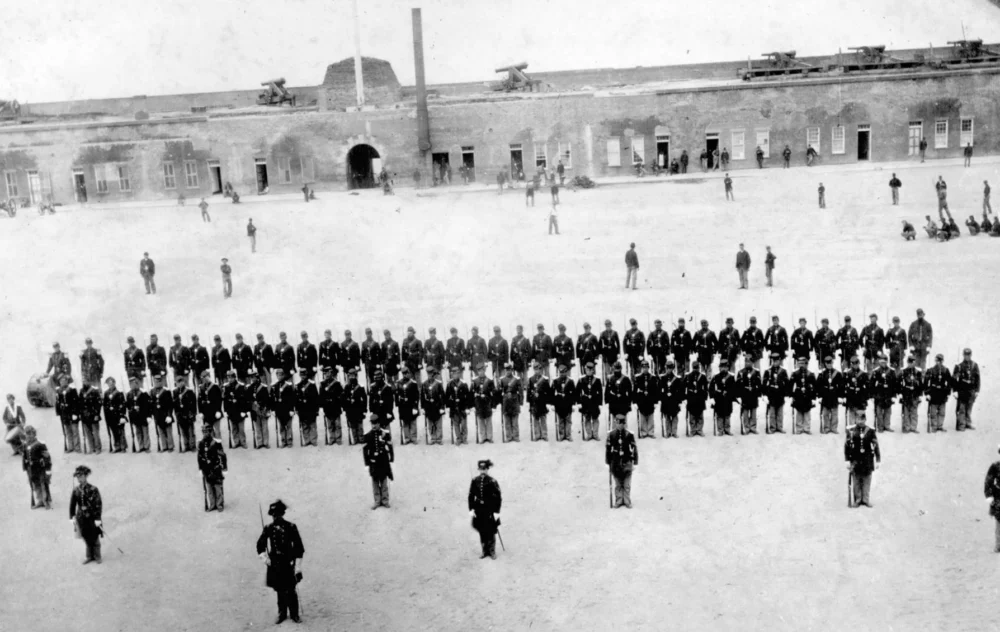
I am available to give presentations to local historical societies and commissions, libraries, museums, schools, and similar organizations with the request that any honorariums offered by the organization to be directed to a 501(c)(3) such as the American Battlefield Trust, the Pioneer Valley History Network, the Plymouth Antiquarian Society, or another mutually acceptable organization.
Some of the presentations I have given in the past in various capacities include (in chronological order of the history):
- A Driving Tour of Shays’ Rebellion: (4-6 hour tour, bring your own car/s) A guided tour with stops at a few critical sites to the 1786-7 conflict between wealthy Boston merchants and Western Massachusetts farmers, where we discuss the proximal causes of the conflict, the actions and counteractions, intentions, resolutions, and the continuing echoes of the conflict through the US Constitution to the present day. Previously given as part of the Gove Lyceum.
. - Baseball’s Own Civil War: (1-2 hours) Prior to the American Civil War, the game of “base” or “base ball” was both ubiquitous and varied dramatically from region to region and even town to town. Two of the most well known variants are “The Massachusetts Game” also referred to as “town ball” and “The New York Game” which is the most direct ancestor to the modern sport. This talk delves into both games, how they were played, how they differed– and how the soldiers taking to the field during the American Civil War brought their own styles of play with them, how the styles comingled and conflicted, and how the New York Game eventually became the preeminent style of play. Includes some discussion about actual games played by various regiments’ “chosen nine” in the styles of the day, as taken from letters, regimental histories, and other artifacts of the time.
. - The Pratt Street Riot of April 1861: (1-2 hours) On April 19 1861, a group of Massachusetts volunteers were en route to the nation’s capital at the outbreak of hostilities that would become the American Civil War. Due to some unfortunate errors, four of the companies of the 6th Massachusetts were forced to march across the highly secessionist-sympathetic city of Baltimore and were attacked by a mob of angry civilians, resulting in the first loss of life as a result of intentional action during the war. This is their story. Told at a number of events in conjunction with the Lawrence Civil War Memorial Guard (no relation), this little bit of history is little remembered outside Civil War circles, but deserves a closer look.
. - Orrin Cook, Civil War Draftee: (1-2 hours) A look into the lifetime of Orrin Cook of Westmoreland NH, Springfield and West Springfield MA including his life before, during, and after “The Late Unpleasantness.” Drawn from archival records, his personal diary, letters home, and the remembrances of his daughters, we tell a tale that is seldom told– that of a man who did not intend to go to war, but served as a private soldier after being summoned in the draft. Cook was an intensely literate man and left a treasure trove of his own writing. Includes a discussion of his PTSD and the impact on his later life. This story has been told at a number of living histories in conjunction with the 22nd Massachusetts Volunteer Infantry (recreated), as well as most recently at the Pioneer Valley History Network’s “HistoryFest” in April of 2025.
. - Life of the Common Civil War Solder: (Duration highly variable) Drawing from a number of published and unpublished diaries, letters home, post-war reminiscences, and the like, and focusing on soldiers from Massachusetts and Connecticut including Orrin Cook (of the 22nd Massachusetts), Edwin H. C. Wentworth (of the 6th Massachusetts Militia), and Loren Goodrich (of the 14th Connecticut), among others. This presentation can focus on any singular aspect of the life of the common Private as they experienced it, including on major events they participated in, cooking in the field, leisure time in the 19th century army, exploring the Civil War through music and poetry, or any one of a host of other options, as the general topic is quite broad. Presented at living histories with a number of Civil War organizations over the past twenty years, including at the Emily Dickinson Homestead in 2012, and the Cambridge Public Library in 2011.
. - Investigating the Triangle Shirtwaist Fire: (45-60 minutes) Developed from a high school lesson plan, this is intended as an immersive experience for adults to collaboratively discuss and understand the tragic accident that resulted in the deaths of 146 predominantly female garment workers in New York in 1911. This presentation reaches into the causes of why the fire was as deadly as it was, and the resulting societal changes that were made as a result of the outrage and horror the fire engendered.
. - Bread and Roses: The Lawrence Massachusetts Textile Strike of 1912: (1-2 hours) An example of the conflict between business owners and working class people during the Progressive Era, the “Bread and Roses” strike brought chaos to the streets of the city planned by Abbott Lawrence and his consortium to be a “workers’ paradise”, but that had degenerated into a crowded urban nightmare since his passing. We address the root causes of the conflict, the workers’ demands, the owners’ responses– up to and including the calling in of the Massachusetts National Guard and other militia units to put down the strike.
